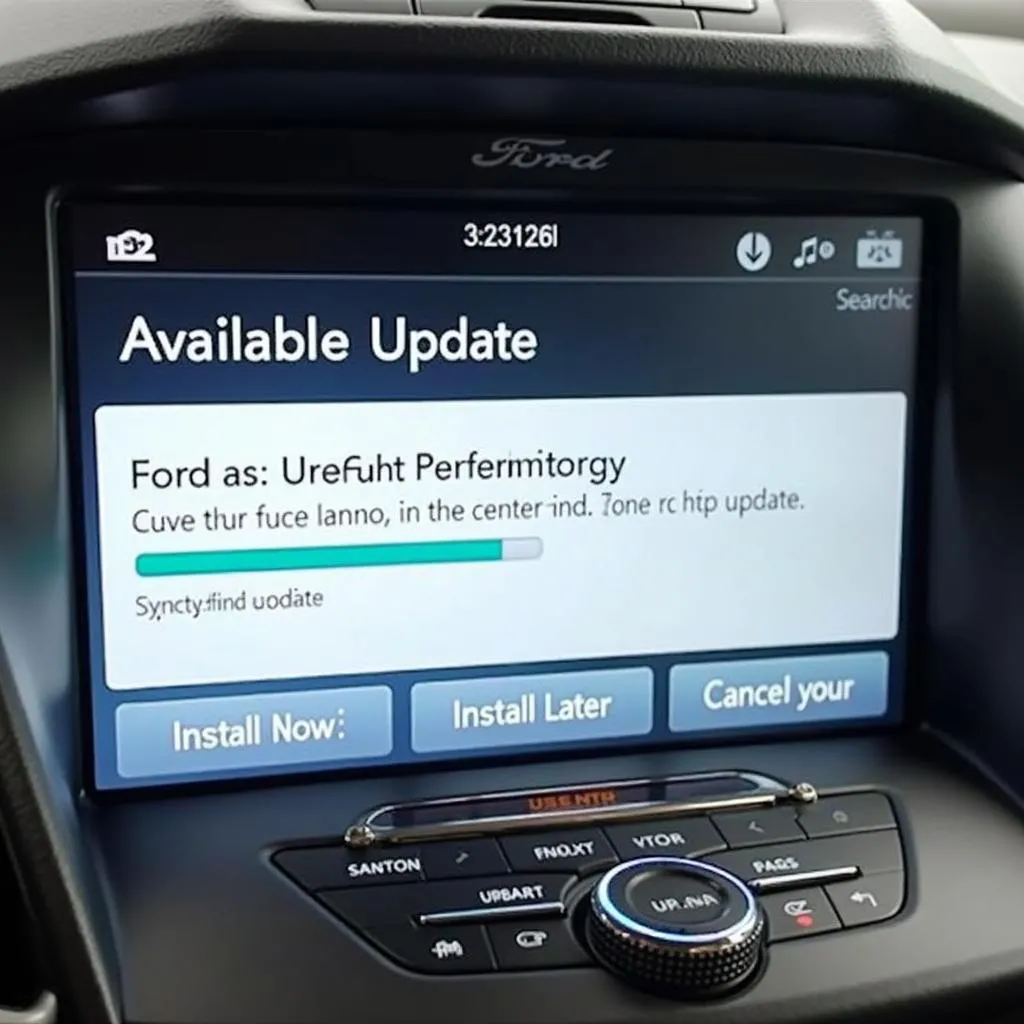Your Honda Accord’s ABS and TCS brake light warning lights illuminate on the dashboard, signaling a potential issue with your braking system. This can be a worrisome sight, especially if you’re not sure what it means. Don’t worry! We’ll break down the common causes and solutions for these warning lights in this guide.
Understanding the Warning Lights
The ABS (Anti-lock Braking System) and TCS (Traction Control System) work together to enhance your braking and control during slippery conditions. When you see these lights, it indicates a malfunction in either or both systems, potentially compromising your vehicle’s safety.
Common Causes of ABS & TCS Warning Lights
Several factors can trigger these warning lights. Here are the most common culprits:
1. Low Brake Fluid Level
Low brake fluid can lead to ABS and TCS issues. The fluid acts as a hydraulic medium for the brake system, and its depletion can affect sensor performance.
2. Faulty Wheel Speed Sensors
Wheel speed sensors measure the speed of each wheel to activate ABS and TCS. A faulty sensor can cause inconsistent readings, leading to the warning lights.
3. Electrical Issues
Electrical problems in the ABS or TCS system can also trigger the warning lights. This may involve faulty wiring, damaged connectors, or problems with the ABS control module.
4. Faulty Brake Pads or Rotors
Worn-out brake pads or rotors can impact the braking system’s performance, potentially affecting ABS and TCS functionality.
5. System Malfunctions
Sometimes, the warning lights may indicate a more serious problem within the ABS or TCS system itself, requiring professional diagnosis and repair.
How to Troubleshoot the Warning Lights
Here’s a basic approach to addressing the warning lights:
-
Check the Brake Fluid Level: Open the hood and locate the brake fluid reservoir. If the fluid level is low, top it up with the correct type of brake fluid.
-
Inspect the Brake Pads and Rotors: Examine the brake pads for wear and the rotors for damage. If they’re worn or damaged, replace them as needed.
-
Scan for Diagnostic Trouble Codes (DTCs): Use an OBD2 scanner to check for any stored error codes related to the ABS or TCS system. This will provide valuable insights into the root cause.
-
Check for Electrical Issues: Visually inspect the wiring and connectors associated with the ABS and TCS system for any damage or corrosion. Repair or replace any faulty components.
Professional Diagnosis
If you’re unable to diagnose the issue yourself or if the problem persists, it’s best to seek professional assistance from a qualified mechanic. They have the tools and expertise to pinpoint the problem and provide appropriate repairs.
“It’s crucial to address any warning lights related to your vehicle’s braking system promptly. Neglecting these issues can lead to dangerous consequences while driving,” says John Smith, a seasoned automotive technician.
What Happens If You Ignore the Warning Lights?
Driving with the ABS and TCS lights illuminated can have several negative consequences:
- Reduced Braking Performance: The ABS and TCS systems may not function properly, potentially leading to longer stopping distances.
- Loss of Vehicle Control: In slippery conditions, you might lose control of the vehicle due to the absence of ABS and TCS assistance.
- Increased Risk of Accidents: Ignoring these warning lights can significantly increase the risk of accidents, especially in hazardous situations.
FAQ
1. Can I drive with the ABS and TCS warning lights on?
It’s generally advisable to avoid driving with these lights illuminated. While your car might still function, it’s crucial to address the issue promptly for safety reasons.
2. How much will it cost to fix the warning lights?
The cost of repair depends on the underlying cause. A simple fluid top-up could be inexpensive, while a more complex issue might require costly repairs.
3. Are the ABS and TCS lights related to other warning lights on my dashboard?
Not necessarily. While they often indicate a brake-related issue, it’s important to identify the specific warning lights and their associated messages.
4. How do I know if the warning lights are a false alarm?
If the lights illuminate suddenly and you suspect a false alarm, it’s best to have the system checked by a professional.
5. Should I replace both the ABS and TCS systems if one is faulty?
Typically, only the faulty component needs replacement. However, professional assessment is essential to determine the extent of the issue.
Conclusion
The Honda Accord ABS and TCS brake light warning lights should never be ignored. They indicate a potential problem with your vehicle’s braking system, which can have serious consequences. Addressing these lights promptly is crucial for your safety and the longevity of your vehicle. Seek professional help if you cannot diagnose the issue yourself. Remember, a proactive approach to your car’s maintenance will contribute to a safer and more enjoyable driving experience.


